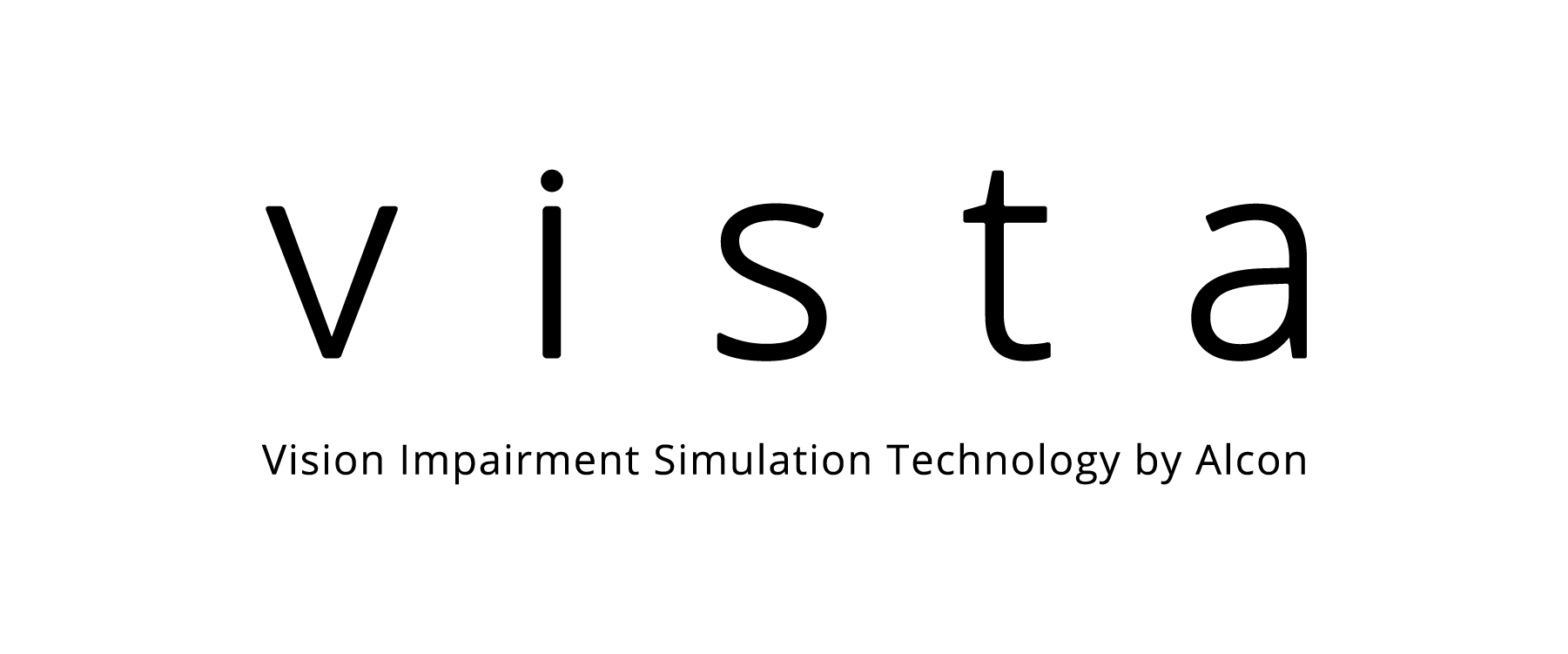




Dry Eye is a condition in which the tear film is disrupted, resulting in eyes that may feel irritated, gritty, or scratchy. People with dry eye may experience excess watering and fluctuating blurred vision.
Eye allergies are conditions in which the eyes react to an irritant or allergen, making them red, itchy, watery and swollen. People with allergies may experience excess watering and blurred vision.
Cataract is a condition in which the lens in the eye becomes cloudy with age. People with cataract may experience blurred, foggy, or cloudy vision.
Strabismus is a condition in which the eyes are not aligned and do not look at the same place at the same time. People with strabismus may experience double or reduced vision.
Amblyopia, also known as lazy eye, is a condition in which one eye does not aim as accurately as the other, and is caused by abnormal visual development early in life. People with amblyopia may experience decreased or blurred vision in the affected eye.
Myopia, also known as nearsightedness, is a condition in which the affected eye(s) can focus on near objects but cannot focus on far objects. People with myopia may see objects more clearly up close, while objects that are further away appear blurry.
Hyperopia, also known as farsightedness, is a condition in which the affected eye can focus more easily on far objects than near objects. People with hyperopia may see objects that are further away more clearly, while objects that are up close appear blurry.
Astigmatism is a condition in which the cornea (the clear front part of the eye) is imperfectly curved. People with astigmatism may experience blurred or stretched vision.
Presbyopia is a condition that may occur around the age of 40 when the lens in the eye gradually loses its ability to focus on near objects. People with presbyopia may see objects that are further away more clearly, while objects that are up close appear blurry.
Age-related macular degeneration wet (AMD-wet). The “wet” form of Age-Related Macular Degeneration (AMD) is a condition in which the central part of the retina (light-sensing tissue in the back of the eye) quickly deteriorates over a short period of time, due to abnormal blood vessels that leak fluid or blood, which can cause permanent vision loss if left untreated. People with wet AMD may experience sudden decreased, blurred, or distorted vision with dark spots appearing in the center of their vision.
Age-related macular degeneration dry (AMD-dry). The “dry” form of Age-Related Macular Degeneration (AMD) is a condition in which the central part of the retina (light-sensing tissue in the back of the eye) slowly deteriorates over a long period of time, which can cause permanent vision loss if left untreated. People with dry AMD may experience decreased, blurred, or distorted vision with blank white spots appearing in the center of their vision.
Diabetic Retinopathy, a complication of diabetes, is a condition in which the blood vessels in the retina (light-sensing tissue in the back of the eye) are damaged. People with diabetic retinopathy may experience decreased or distorted vision with dark, floating spots.
Retinal detachment is an urgent condition in which the retina (light-sensing tissue in the back of the eye) pulls away from its normal position, which, if not treated promptly, can cause permanent vision loss. People with retinal detachment may experience flashes of light, several new floaters, or a curtain-like shadow over their vision.
Glaucoma is a condition in which the optic nerve (the nerve that carries messages from the eye to the brain) is damaged, often due to abnormal pressure inside the eye, which can cause permanent vision loss if left untreated. People with glaucoma may experience decreased peripheral (side) vision or tunnel vision, but many people do not notice these symptoms until the later stages of glaucoma.